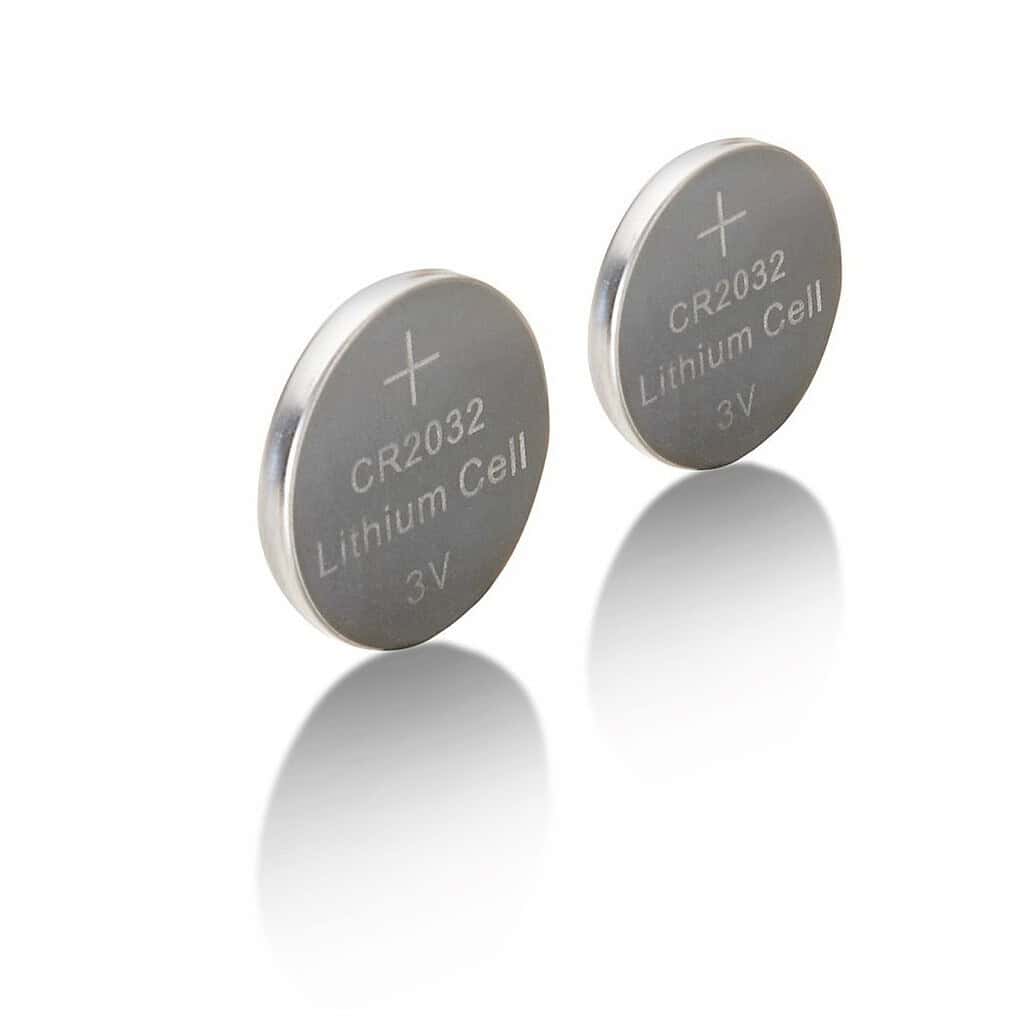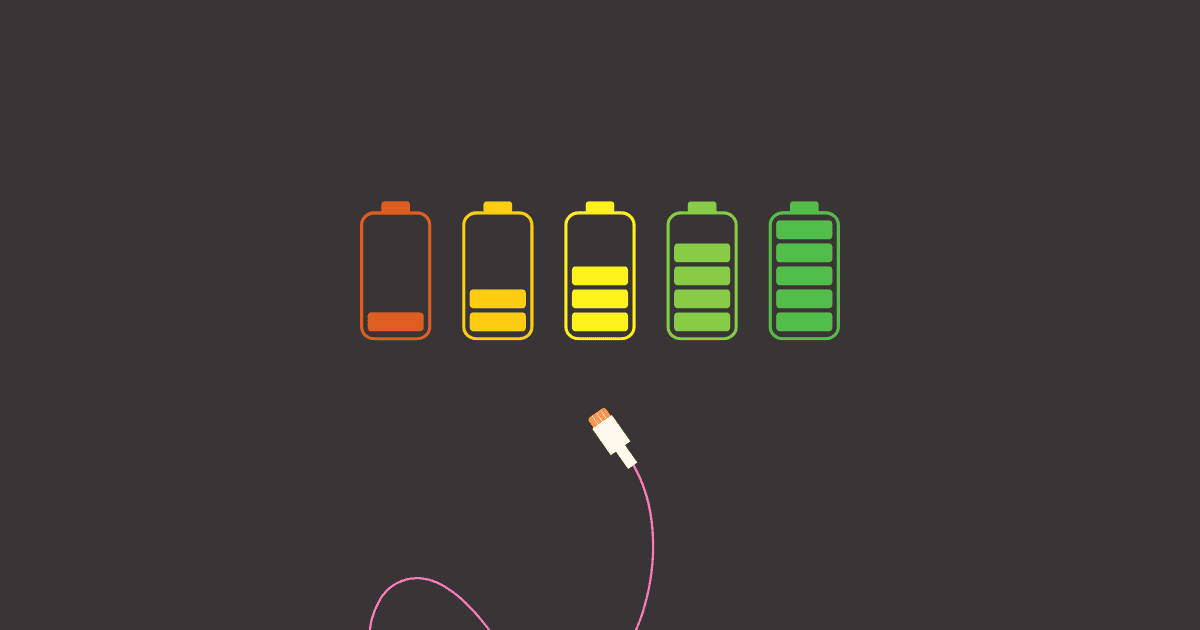On Monday, Apple’s battery supplier, Japanese electronics manufacturer TDK, announced the development of a new material for solid-state batteries. This material has a higher energy density than TDK’s conventional batteries.
Let me introduce you to batteries. Solid-state batteries are a type of battery technology with the potential to outperform conventional lithium-ion batteries in several ways. Like lithium-ion batteries, solid-state batteries use electrodes (a positive cathode and a negative anode) to store and release energy.
The main difference is in the electrolyte, the material that allows ions to flow between the electrodes. In lithium-ion batteries, this electrolyte is a liquid. Solid-state batteries, as the name suggests, use a solid electrolyte material.
The new material has an estimated energy density of 1,000 Watt-hours per liter (Wh/l), which is roughly 100 times greater than TDK’s current mass-produced solid-state battery technology. Energy density means the amount of energy that can be stored in a specific volume.
Solid-state batteries are considered a promising technology for future devices due to their advantages over conventional lithium-ion batteries. These advantages include, as discussed earlier, higher energy density, faster charging times, and improved safety.
TDK’s new material is expected to be suitable for use in various wearable devices, such as wireless earphones, hearing aids, and smartwatches.
The company aims to use this tech to develop replacements for existing coin-cell batteries, which are small, disc-shaped batteries commonly used in portable devices, to comply with European Union battery regulations.

The benefits of TDK’s technology include the possibility of smaller and lighter wearable devices due to the battery’s reduced size and higher capacity. Maybe that’s why the new Apple Watch Series 10 will have a bigger screen and yet slimmer structure. So will the iPhone 17 series. Good news for Apple’s battery.
More here.
